Viewing the 2017 Solar Eclipse in Safety Harbor: What You Need to Know
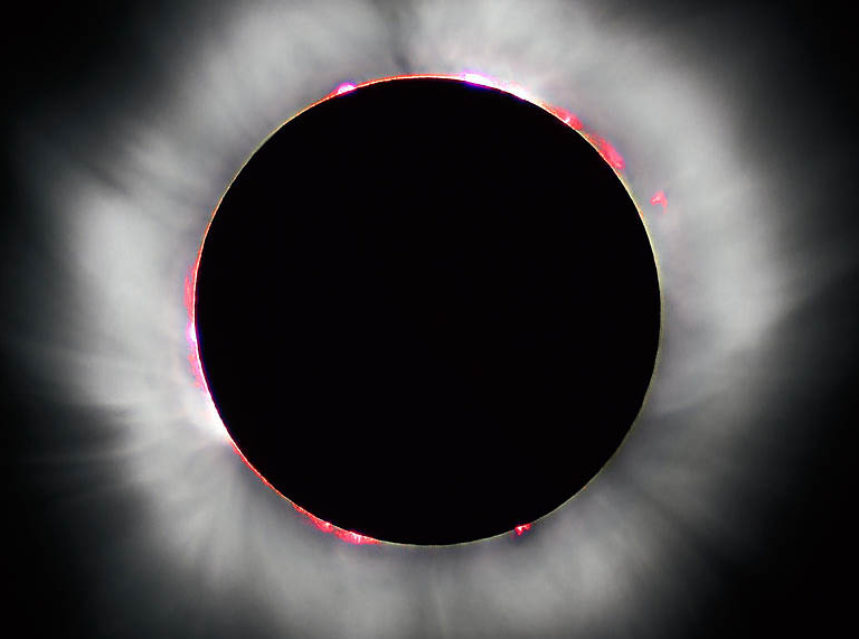
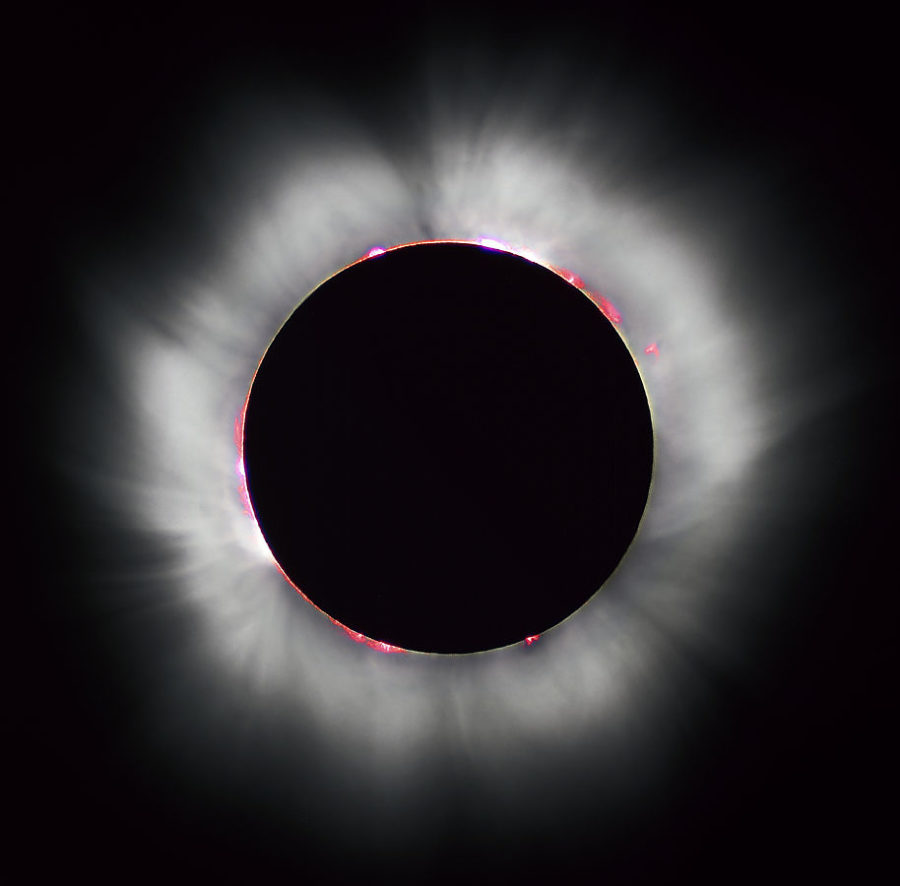
Perhaps you’ve heard by now that a total solar eclipse is set to take place on Monday, August 21, 2017.
The astronomical phenomenon occurs when the moon passes between the sun and the earth and either fully or partially blocks the sun.
People all over the country are anxiously preparing for this rare event, which last took place in the United States in 1979.
Experts say a small swath of viewers from Oregon to South Carolina will be able to see the moon completely mask the sun, and nearly all other parts of North America – as well as parts of South America, Africa and Europe – will see at least a partial eclipse.
Safety Harbor is expected to experience 81.1 percent totality.
In honor of the occasion, the Safety Harbor Public Library is hosting a Great American Solar Eclipse viewing party at the Waterfront Park at 2:00 p.m. on Monday afternoon.
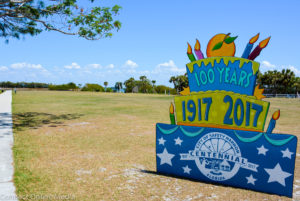
However, library officials say they have a limited supply of the special viewing glasses available, and the quantity far exceeds the current demand for the coveted items.
“The library is expecting a large crowd for the eclipse viewing on Monday,” SHPL director Lisa Kothe told Safety Harbor Connect via email.
“A limited number of ISO 12312-2 viewing glasses were donated by the Friends of the Library and will be distributed on a first come, first serve basis.”
Kothe said they will accept donations for the FOL for the glasses, and that water will be also available for a small donation.
Viewing a total eclipse with the naked eye is not recommended and can lead to severe retina damage and even, in some instances, blindness. Experts warn people not to use regular sunglasses to view an eclipse.
According to Wikipedia, “it is technically safe to view only the total phase of a total solar eclipse with the unaided eye and without protection; however, this is a dangerous practice, as most people are not trained to recognize the phases of an eclipse, which can span over two hours while the total phase can only last a maximum of 7.5 minutes for any one location.”
Due to the danger involved, experts recommend wearing special “eclipse glasses” that help filter out the harmful sun rays.
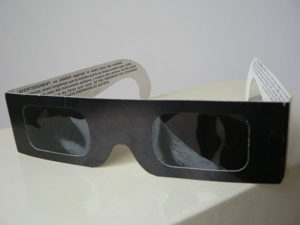
Unfortunately, due to the demand associated with this rare event, the glasses are extremely hard to find at this late stage and if they are available, they come with highly inflated price tags.
However, industrious fans can create their own eclipse viewing apparatus, known as a pinhole camera or camera obscura, with simple household items, including binoculars and cardboard boxes.
Here is a list of helpful videos showing several methods for viewing a total eclipse without special glasses.
Another important ingredient for eclipse viewing is cooperative weather.
According to Weather.com, clusters of storms, or even sufficient cloud cover, could blanket the view in some locations Monday, and we all know how likely it is to rain here in Florida in the heart of summer.
That being said, Kothe and her crew are hoping for clear skies on Monday to help provide the most enjoyable eclipse viewing experience as possible.
“We are hoping for clear skies for this historical event and recommend parking at the lot on Main and Second, since parking at the Marina is limited,” she said.
Happy, and safe, eclipse viewing, Harborites!




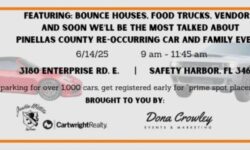
Thank you for this. We will be there!
A couple qualms:
1. A bit deceptive of a photograph to use. You will NOT be able to see totality, the corona and chromosphere in Florida, as shown in the photo. You will not see this anywhere outside the 70 mile wide path that cuts from OR to SC, even in 99% obscuration. It’s the difference between night and day, literally.
2. Regarding the statement “Safety Harbor is expected to experience 81.1 percent totality.”
The definition of totality is 100% coverage, so it is not actually possible to be “partially total.” It should be worded 81.1 percent obscuration.
Otherwise, good information, and happy eclipse viewing to everyone!
Thanks for the clarification, and love the screen name!